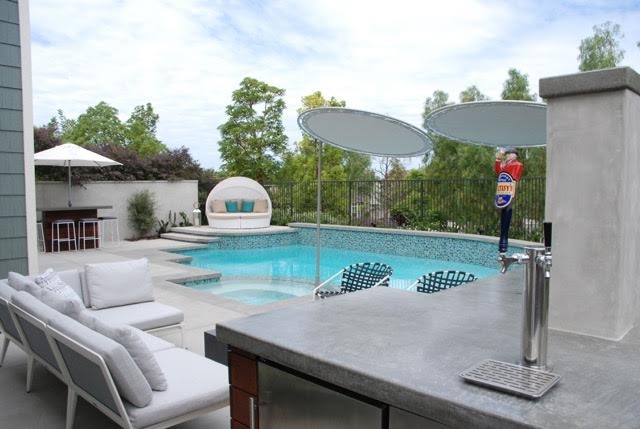People of all ages enjoy swimming. It is, after all, the fourth most popular sport or activity in the United States, according to the U.S. Census Bureau. However, maintaining safety in and around the swimming pool area should still be a priority. Here are some input on swimming safety that everyone must heed.
Enter the Water Carefully
Water is usually significantly cooler than ambient temperature. To prevent shock, enter the water slowly and carefully. Avoid diving without knowing the depth of the pool, otherwise you can knock your head if the water happens to be too shallow.

Learn Prevention, First Aid, and CPR
In the event of a child drowning, adults should have a basic training in first aid and CPR, especially among parents and babysitters. As for prevention, the Centers for Disease Control and Prevention recommends pool owners to install a four-sided fence that’s at least four feet high with a secure latch to stop wandering children from entering or falling into the pool.
Never Swim While Inebriated
Drugs and alcohol can seriously impair your response time should anything go wrong. Even the best swimmer in the world can succumb to the effects of these substances. Studies have shown that alcohol and drugs can impair judgment and coordination and increase the risk of injury or drowning.
Parental Supervision
According to the World Health Organization, drowning is the second leading cause of unintentional injury death of American children aged 1 to 14 years. Even if your child has learned how to swim, you should never allow them around the pool unless supervised by an adult. This not only applies to swimming at the beach, but also in swimming pools and water parks. Most accidental drownings happen within only five minutes, so adults supervising these children must remain alert and vigilant at all times.
Swimming with a buddy is always a wise decision, and so is swimming in areas that have a lifeguard. If you feel like you are in no condition to swim—for example, when you are very tired or haven’t been getting enough sleep—make the conscious choice not to get into the water.
It’s decisions like these that pool builders and pool contractors wish you to make when you go out to swim, be it in the ocean or a swimming pool.
Sources
Swimming Safety, TampaGov.net
Swimming Safety Tips, RedCross.org
